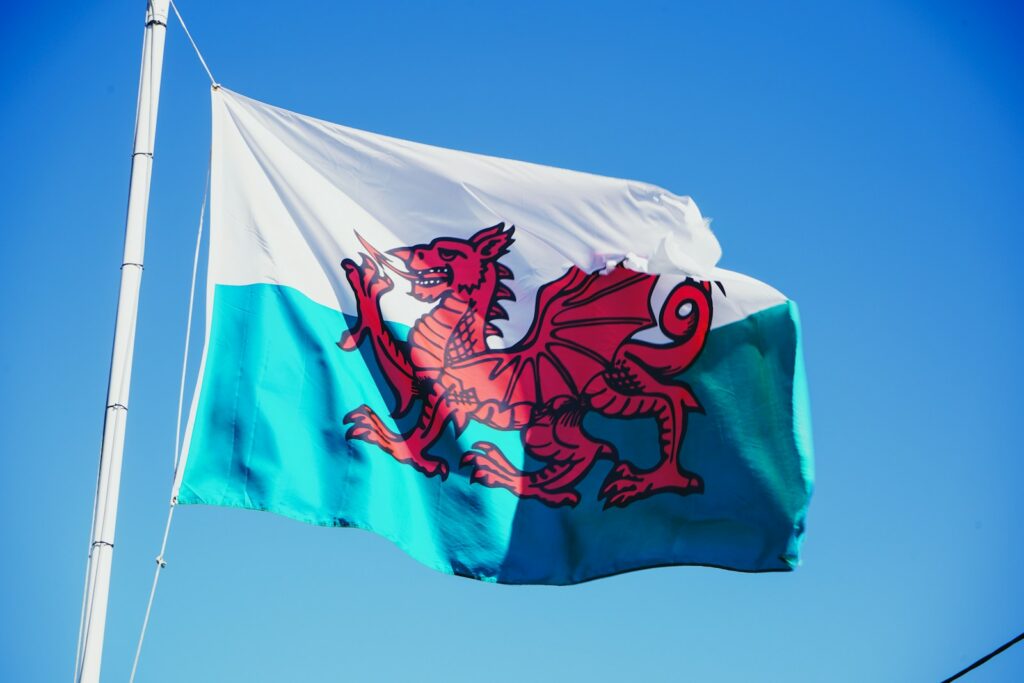North Wales fundraisers turn rescuers

A TEAM training for the Three Peaks in aid of a mountain rescue charity took on their own rescue mission.
Ogwen Mountain Rescue is one of three charities set to benefit from Castle Green Homes colleagues taking on the Three Peaks on June 26.
The group were descending Snowdon during a recent training session when they stepped into help three people.
Richard Williams, operations director at Castle Green Homes, explained: “We’d passed three young women not far from the top and had walked about two and a half miles down when we looked back and couldn’t see any torches or anyone coming down after us.
“We made a decision as a group to turn back and find them. They had no torches, one of them had a twisted ankle, they were lost, didn’t have any water and didn’t know what to do. We took our time walking them back down and to help make them feel comfortable with us we phoned my wife. I would be devastated to think something had happened to my daughter and no one helped them. God knows what would have happened – they could have taken a wrong path over the edge.”
It is a scenario that the 50 or so unpaid volunteers of Ogwen Valley Mountain Rescue frequently experience. Team members respond to an increasing number of requests for assistance every year. Last year there were 178 requests – one every other day.
The team’s operational area includes the Glyderau range to the south, the popular Moel Siabod, south of Capel Curig and the vast area of the Carneddau bounded by the Ogwen Valley, the Conwy Valley and the sea. The area includes numerous low-level walks such as to Aber Falls, the North Wales Coastal Path and around the famous Cwm Idwal. At the other extreme Tryfan is the second most popular mountain in North Wales and is responsible for 40% of the call outs. There are also the big cliffs such as the East Face of Tryfan, Craig yr Isfa and Ysgolion Duon (Black Ladders).
Press officer Chris Lloyd said: “We all go out to enjoy the great outdoors not intending to have an accident. But accidents can happen to anyone. It is important to reduce the risk of such an incident by proper preparation and knowing what to do in such an event. First, try and resolve the situation by yourself. Lost? Try retracing steps to a known point. Stuck on steep ground? Shout, there may be someone close by who can help. Injured? Treat using your first aid kit. The person may well be able to walk off without needing rescue. However, if out of your comfort zone, dial 999, ask for the police and then mountain rescue. The team leader may well be able to locate your mobile telephone and to direct you to the correct path. It easier for team members to assist able bodied casualties rather than let them continue to have an accident and injury.”
Ogwen Valley Mountain Rescue has been leading the way since its inauguration in March 1965. A team member, who was an accident and emergency doctor, devised the first national Mountain Rescue First Aid course. Better initial care meant a better outcome. A team leader was instrumental in getting the support of the yellow RAF Air Sea Rescue helicopters for Mountain Rescue. A member designed a system to locate mobile telephones. The software management system used by most police forces for managing call outs was designed by a team member.
More recently its volunteers’ missions have featured in the BBC show SOS Extreme Rescue.
Chris said that planning is key when exploring mountains and valleys.
“Check the local weather forecast before you go out, and make sure that you have adequate clothing and spare clothing too, including waterproofs. Mountain weather can change very quickly,” Chris explained.
“Know where you’re going, make sure you have the right equipment and that the whole party have the right skills.
“Being able to navigate is important. Some routes are incredibly well worn, and you will be following people up and down, but it’s important to have a map and compass and to know how to use them. It’s important to know where you are and where you are going in case things go wrong and you’re running out of daylight. Take a torch – don’t use the one on your phone as it uses the battery and then you won’t be able to call the rescue out.”
Other essentials include a first aid kit and roll up shelter in case of injury or illness, plenty of non-alcoholic drinks and high energy foods
“With a first aid kit you can dress cuts or make a sling if you trip and hurt yourself. More serious injuries will need more serious kit and that’s for the likes of us to carry. Have a small roll up shelter, then if someone is immobilised because of tiredness or injury, they can shelter from the cold. It can kill,” Chris added.
The other charities set to benefit from Castle Green’s Three Peaks challenge are Chasing the Stigma and Prostate Cancer UK.
For more information about the challenge and to give what you can see https://gofund.me/8c9020aa.




